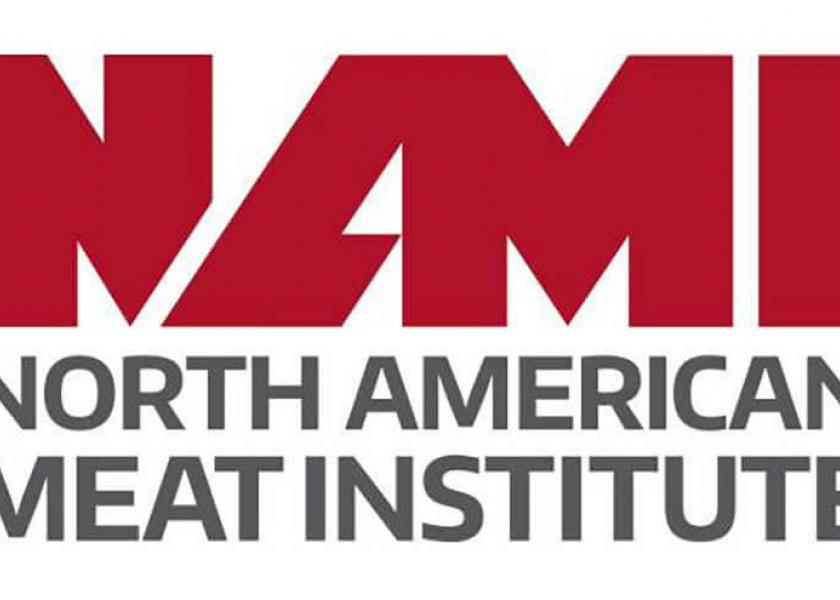NAMI: FSIS’ New Label Proposal for Meat & Poultry Will Raise Prices for Consumers

The North American Meat Institute (Meat Institute) said the U.S. Department of Agriculture’s (USDA) Food Safety and Inspection Service’s (FSIS) latest attempt at proposed rules for a “Product of the USA” label for meat products are again likely to result in trade retaliation from Canada and Mexico costing American consumers and businesses billions of dollars.
“Unfortunately, this proposed rule is problematic for many reasons. USDA should have considered more than public sentiment on an issue that impacts international trade,” said Meat Institute President and CEO Julie Anna Potts. “Our members make considerable investments to produce beef, pork, lamb, veal and poultry products in American facilities, employing hundreds of thousands of workers in the U.S. and with processes overseen by USDA inspectors. This food should be allowed to be labeled a ‘Product of the USA.’”
At issue is a rule proposed by FSIS that would limit claims so only products made from livestock born, raised, harvested, and processed in America could be labeled a “Product of the USA.”
Although the proposed label is voluntary, this overly prescriptive definition link to proposed rule here > would exclude many popular products made in America, by workers in America, and under inspection from the USDA. Those products include certain brands of popular American foods like hot dogs, sausage, bacon, ground beef, sliced ham and much, much more.
The proposed voluntary “Product of the USA” label will have a discriminatory effect, causing meat packers and processors, who wish to make the claim, to segregate cattle, hogs, and meat from other nations.
This rule uses the same standard as the mandatory Country of Origin Labeling (COOL) statute repealed by Congress in late 2015.
Congress repealed COOL because Canada and Mexico challenged COOL as a nontariff trade barrier. The U.S. government lost four times before the World Trade Organization (WTO) and the WTO authorized Canada and Mexico to retaliate and levy more than $1 billion in tariffs on goods ranging from meat to wine, chocolate, jewelry and furniture.
Importantly, the proposed “Product of the USA” rule would be broader than mandatory COOL because it also includes processed products and products intended for foodservice, which were not subject to mandatory COOL.
Canada and Mexico still retain that authorization and could initiate retaliation with no further action by the WTO.
In addition to increasing the price of meat and poultry and other goods for consumers, the proposed rule is also problematic because:
- It conflicts with federal law: see The Federal Meat Inspection Act and The Tariff Act;
- It will place additional duties on FSIS, which is already overburdened and understaffed.
- It is a significant change from FSIS’ stated intention provided just three years ago when the agency denied a United States Cattlemen’s Association petition on the label and said it planned to initiate rulemaking to:
“limit ‘Product of USA’ and certain other voluntary U.S. origin statements to meat products derived from livestock that were slaughtered and processed in the United States.”
For more background on the problems with the proposed rule and country of origin labeling, including statistics on meat and poultry demand, consumer sentiment and effects on the beef and pork markets see this question and answer document.







